|
|
|||||
This week, we look at the chasmic inequality gap in global health spending, an underwhelming climate announcement, missing passports in Sudan, and more. |
|||||
|
|
|||||
Top newsWealth is health: High-income countries spend 170 times more on health per person than the world’s poorest countries, according to ONE’s new analysis. Low- and lower-middle income countries account for over half the world’s population and global disease burden, but only 3.4% of the US$9 trillion spent on health globally in 2020 was in those countries. That means US$8.7 trillion was spent on the health of 3.8 billion people in wealthier countries, and a mere $300 billion was spent on everybody else (aka 4.2 billion people). Health inequality is alive and well. Meanwhile, the ongoing climate, debt, and food crises are likely to further squeeze government spending on health.  Under pressure: Demonstrations broke out in Nairobi this week in response to Kenyan opposition leader Raila Odinga’s renewed calls for citizens to protest the country’s cost of living crisis. The protests come at a particularly sensitive time for President William Ruto. His government is battling the effects of a weakened currency and low foreign currency reserves. The country’s finances are not the administration’s only headache: The deaths of over 100 followers of a religious cult leader has led to heightened demands for better regulation of religious institutions. Salt on an open wound: A number of European governments have come under criticism for closing their embassies without first returning the passports of Sudanese citizens for whom they were processing visa applications. The unfortunate oversight has left some Sudanese nationals unable to legally flee the country’s ongoing conflict. Those left in the crossfire between the army and the RSF paramilitary group can only hope for a ceasefire. Meanwhile the tens of thousands of people lucky enough to have fled the fighting now face a growing need for humanitarian assistance, particularly those who escaped to neighbouring countries like Chad and Ethiopia. Apple, meet tree?: A London mansion at the heart of corruption investigations in Nigeria has been tied to the son of the country’s President-elect, Bola Tinubu. The revelation has again placed the source of Tinubu’s wealth under public scrutiny, months after opposition leader Peter Obi questioned his fitness for office over prior drug trafficking allegations. Neither the renewed scrutiny nor the opposition’s legal challenge of the election result are likely to have any real implications for Tinubu, who recently returned to Nigeria after a month-long vacation in Europe. On the fringe: South Africa is in a shrinking minority of countries with a persistent unwillingness to condemn Russia’s invasion of Ukraine. The South African government has long framed its stance on the war in Ukraine as neutral. Its skill at fence-straddling is being tested by the International Criminal Court’s decision to issue a warrant for Russian President Vladimir Putin. As a party to the ICC, South Africa is under legal obligation to arrest Putin if he enters the country, which he is scheduled to do for the BRICS summit in September 👀. Making matters even more awkward, South African officials had to quickly walk back President Cyril Ramaphosa’s inaccurate claim that his party wanted to withdraw from the ICC. Never late is better: In underwhelming news, donor countries announced that they are on track to finally make good on their promise to deliver US$100 billion in climate finance to vulnerable countries this year (slow clap). If it happens, it will be three years late and a fraction of the amount climate vulnerable countries say they need. Better late than never, but the slow pace suggests an unwillingness to face the reality that climate change is placing us all on thin ice. From the ONE Team
The numbers
 |
|||||
|
|
|||||
Quote of the week
|
|||||
|
|
|||||
What you should read, watch, and listen to:
|
|||||
|
|
|||||
A look ahead11 - 12 May: Global Expert Group Meeting on SDG 7 (affordable, reliable, sustainable and modern energy for all) in New York City, US 11 - 13 May: The 2nd African Media Convention in Lusaka, Zambia |
|||||
|
|
|||||
The ONE Campaign’s data.one.org provides cutting edge data and analysis on the economic, political, and social changes impacting Africa. Check it out HERE. |
|||||
|
|
|||||
|
|
|||||
Did you like today's email?Loved it Mehhh Hated it |
|||||
|
|
|||||
Did you like today's email?Loved it Mehhh Hated it |
|||||
|
|
|||||
Wie hat dir dieser Newsletter gefallen?Richtig gut! Ging so… Überhaupt nicht. |
|||||
|
|
|||||
|
|||||
|
|||||
|
|||||
|
This email was sent by ONE.ORG to test@example.com. You can unsubscribe at any time. ONE Campaign |
